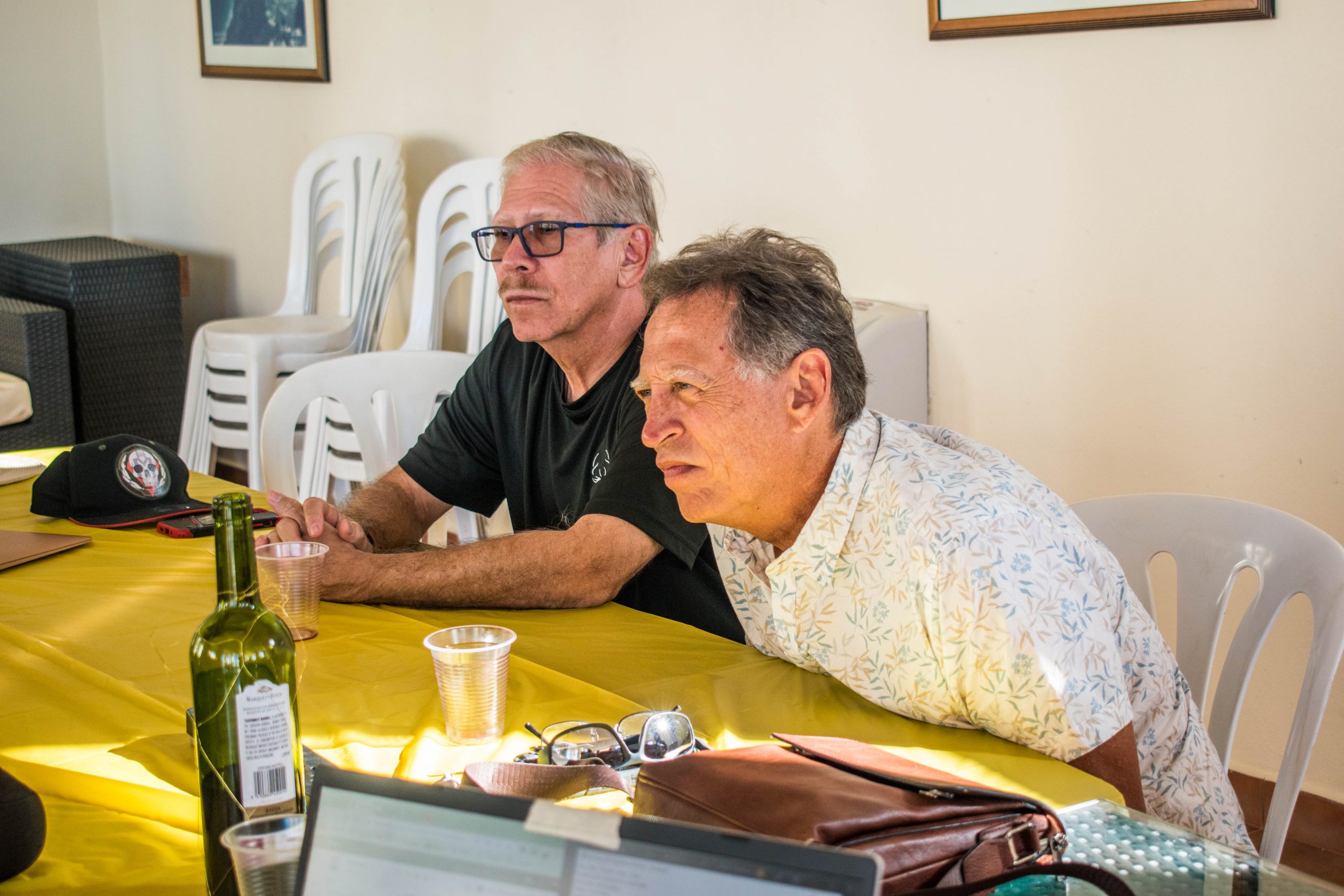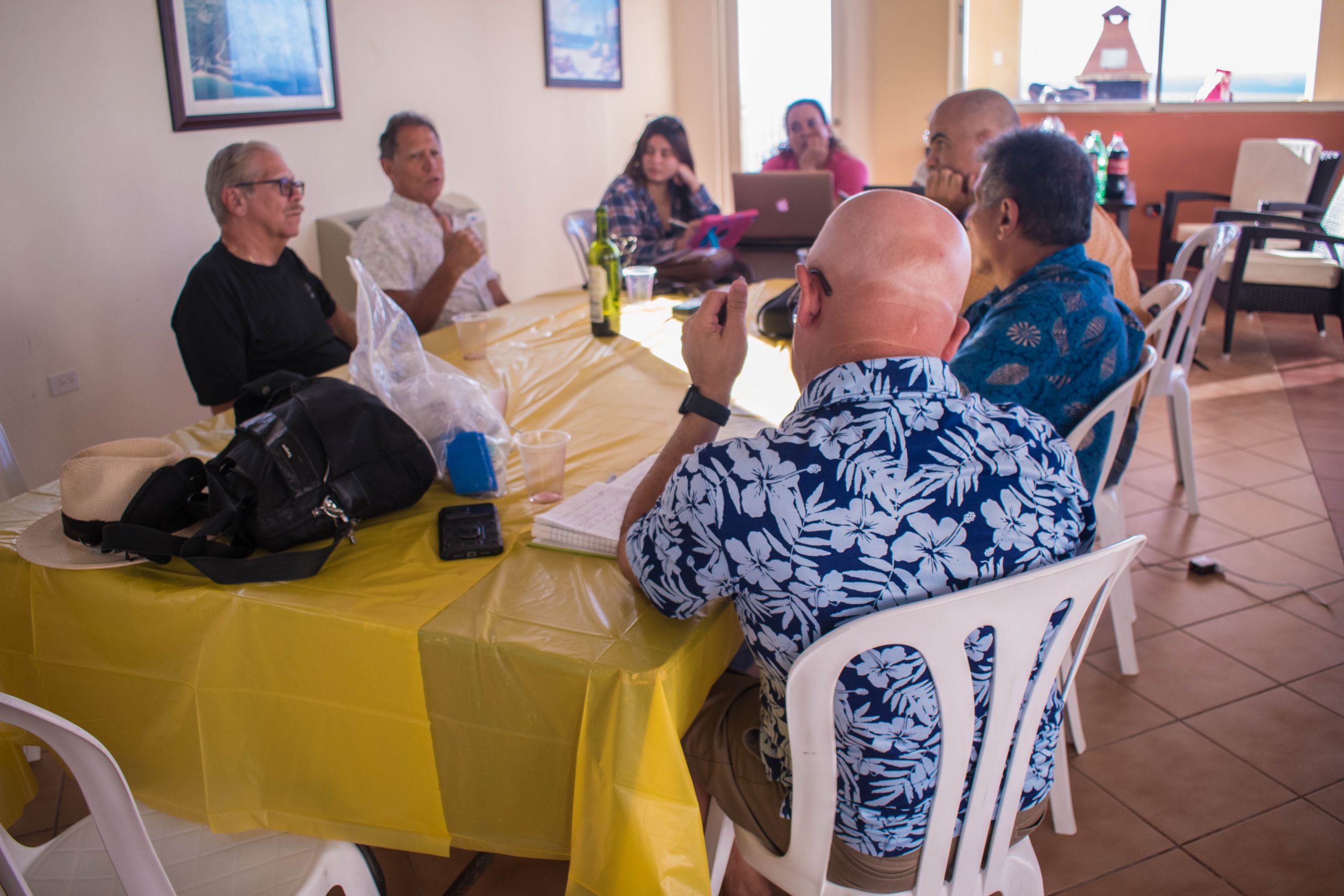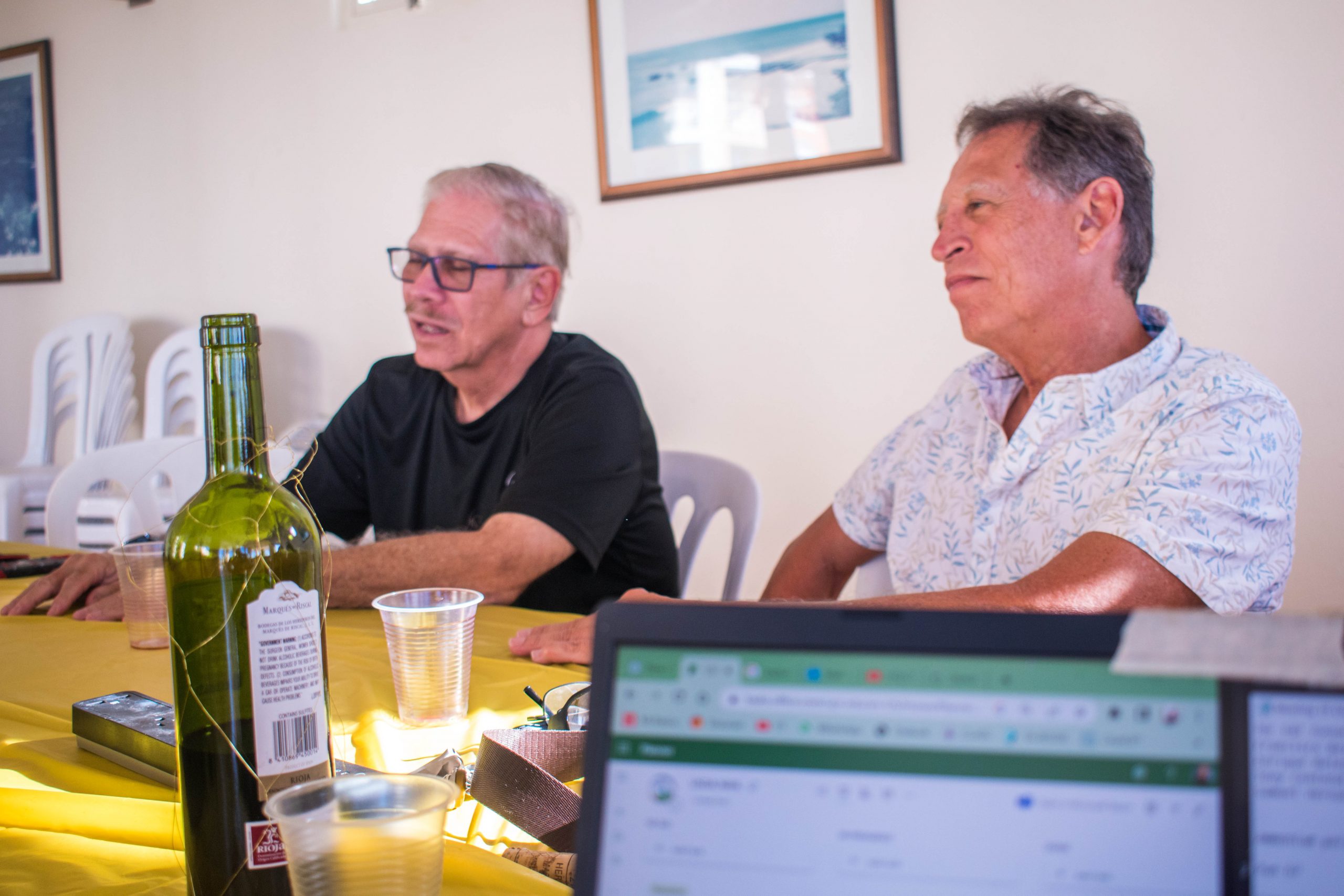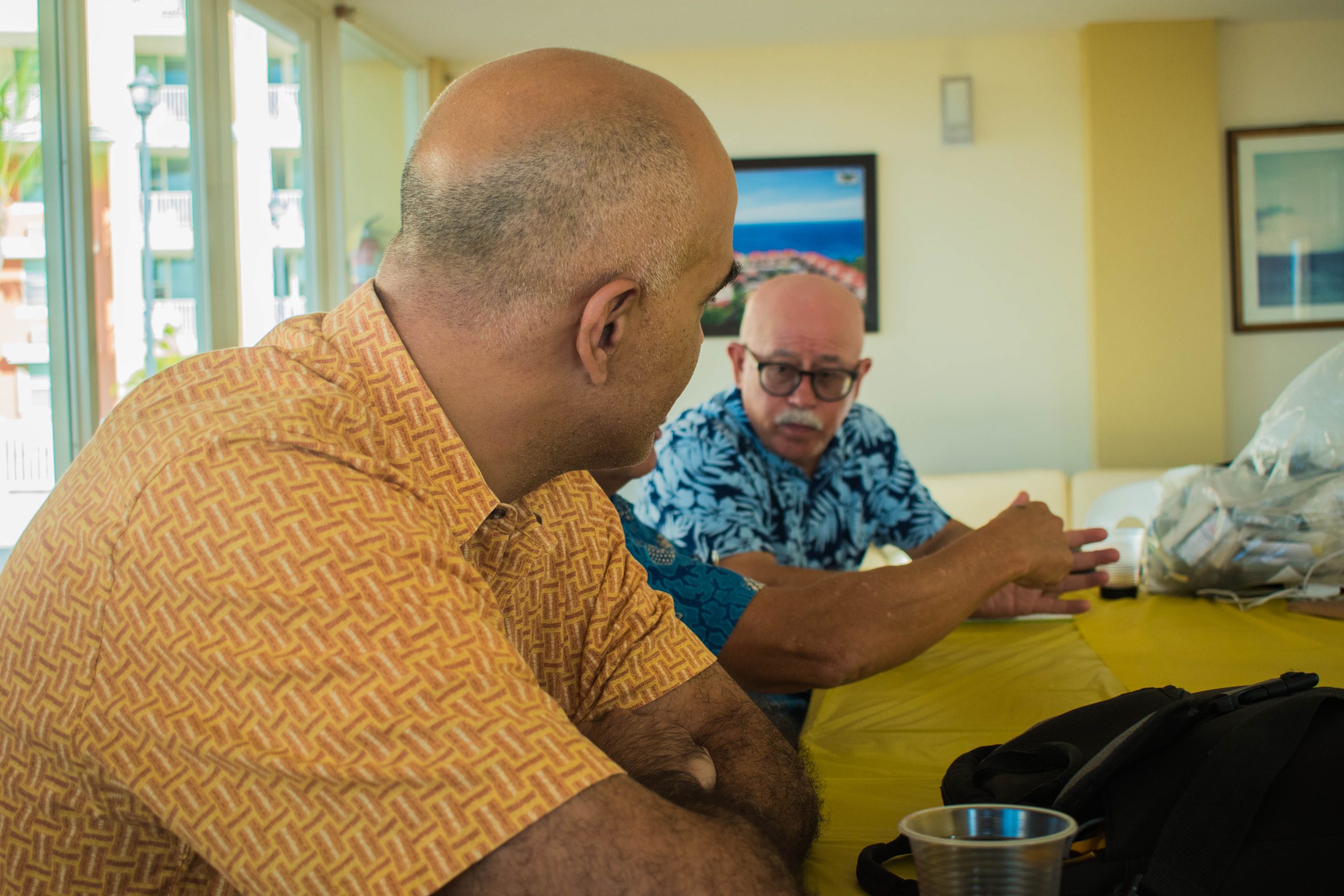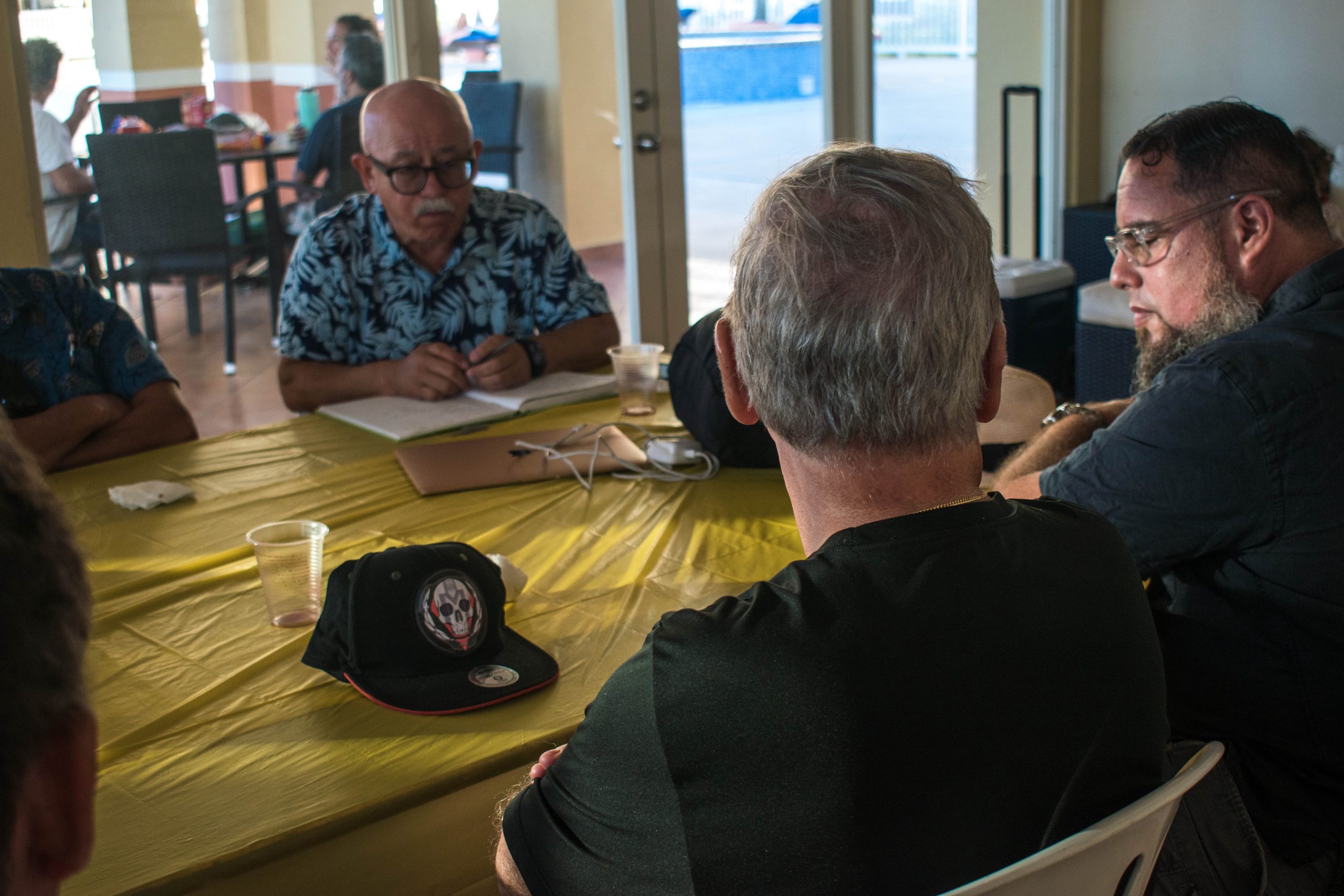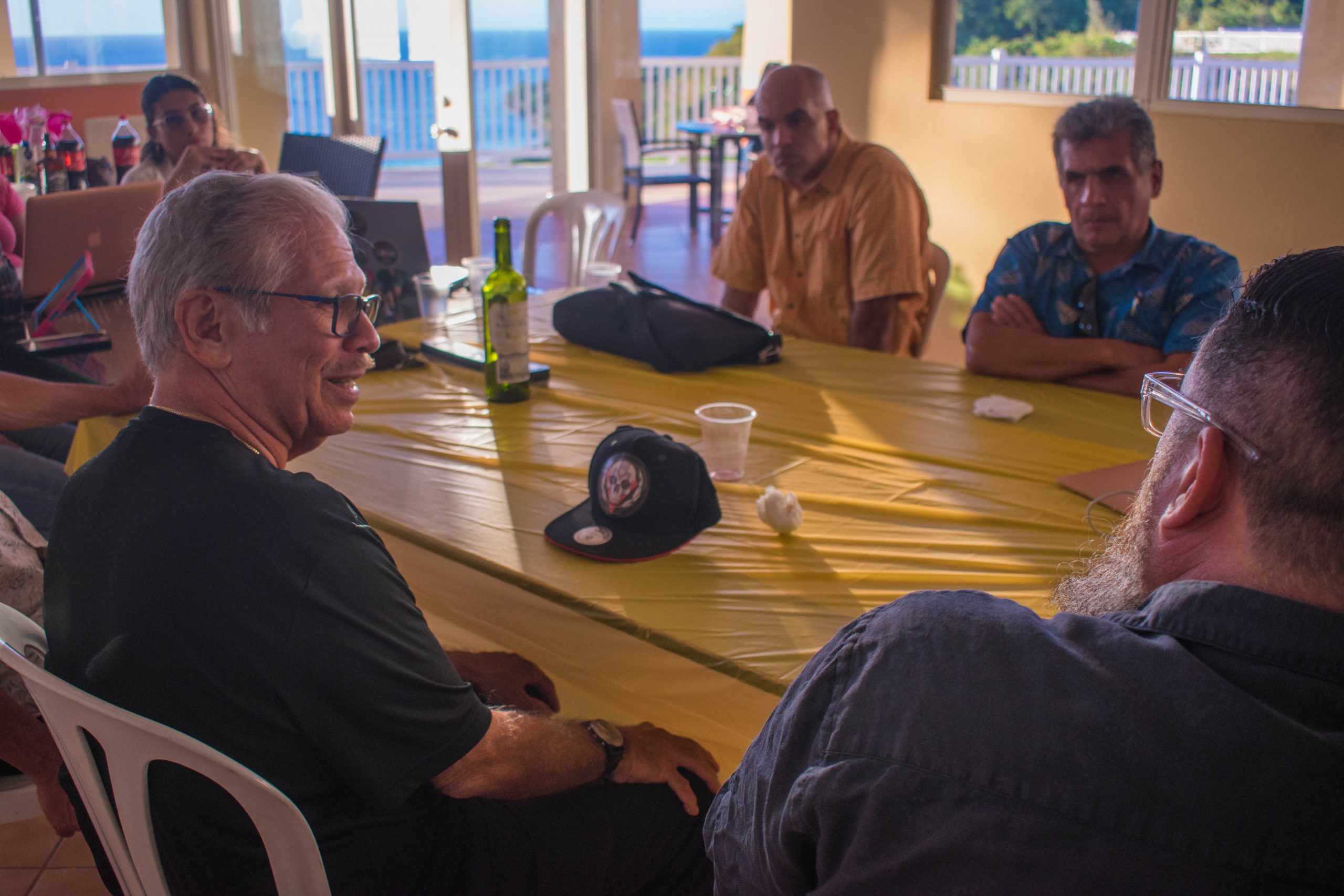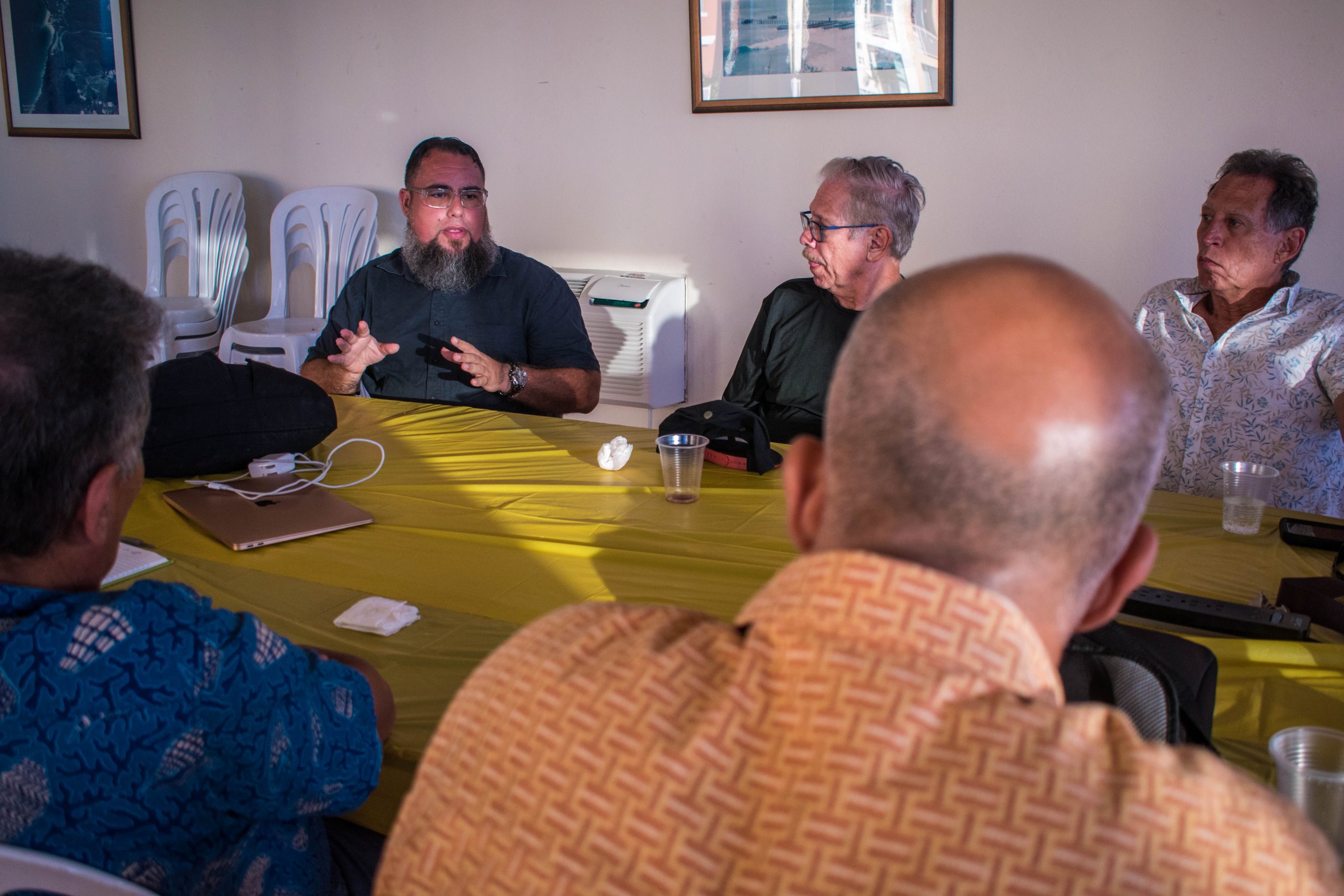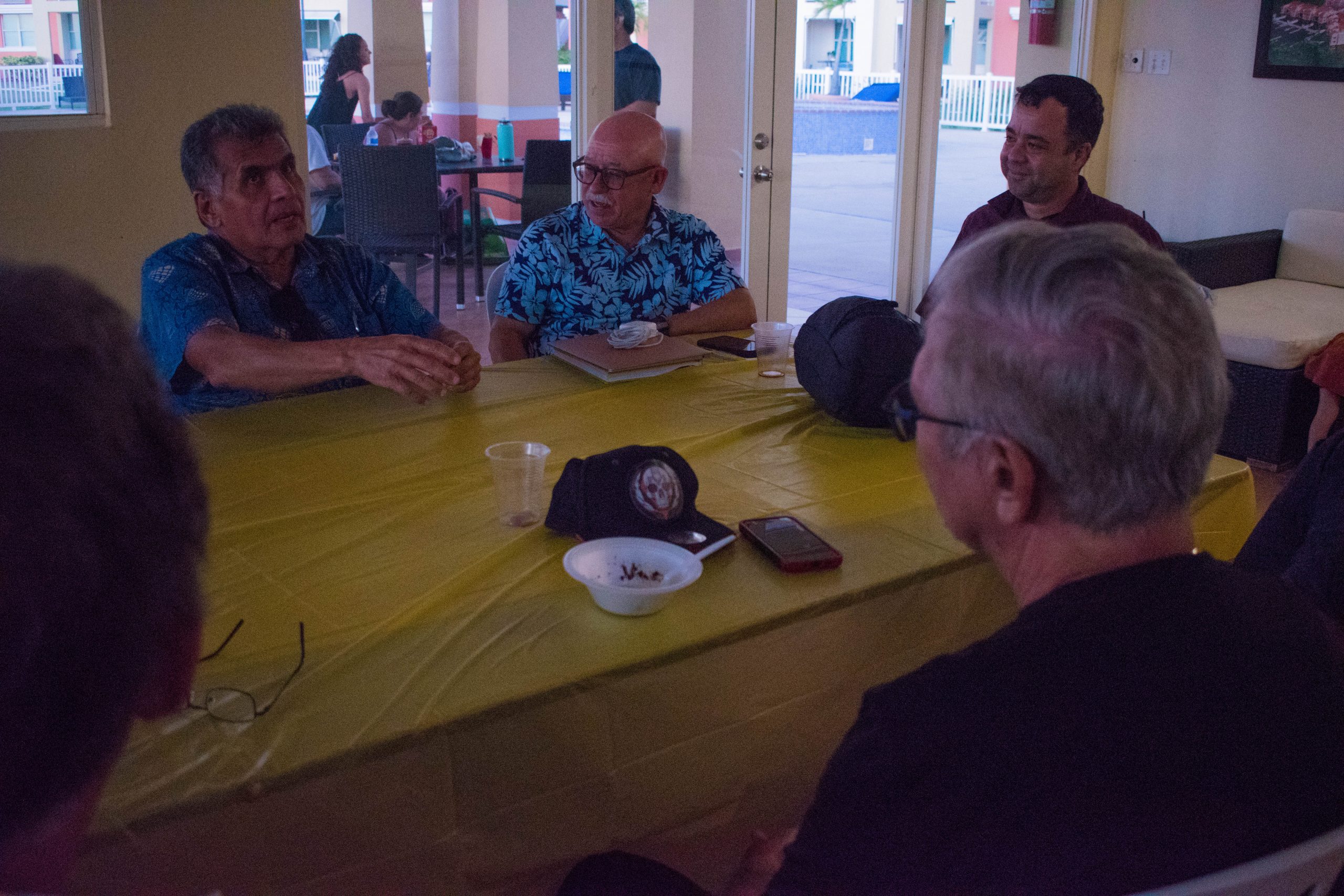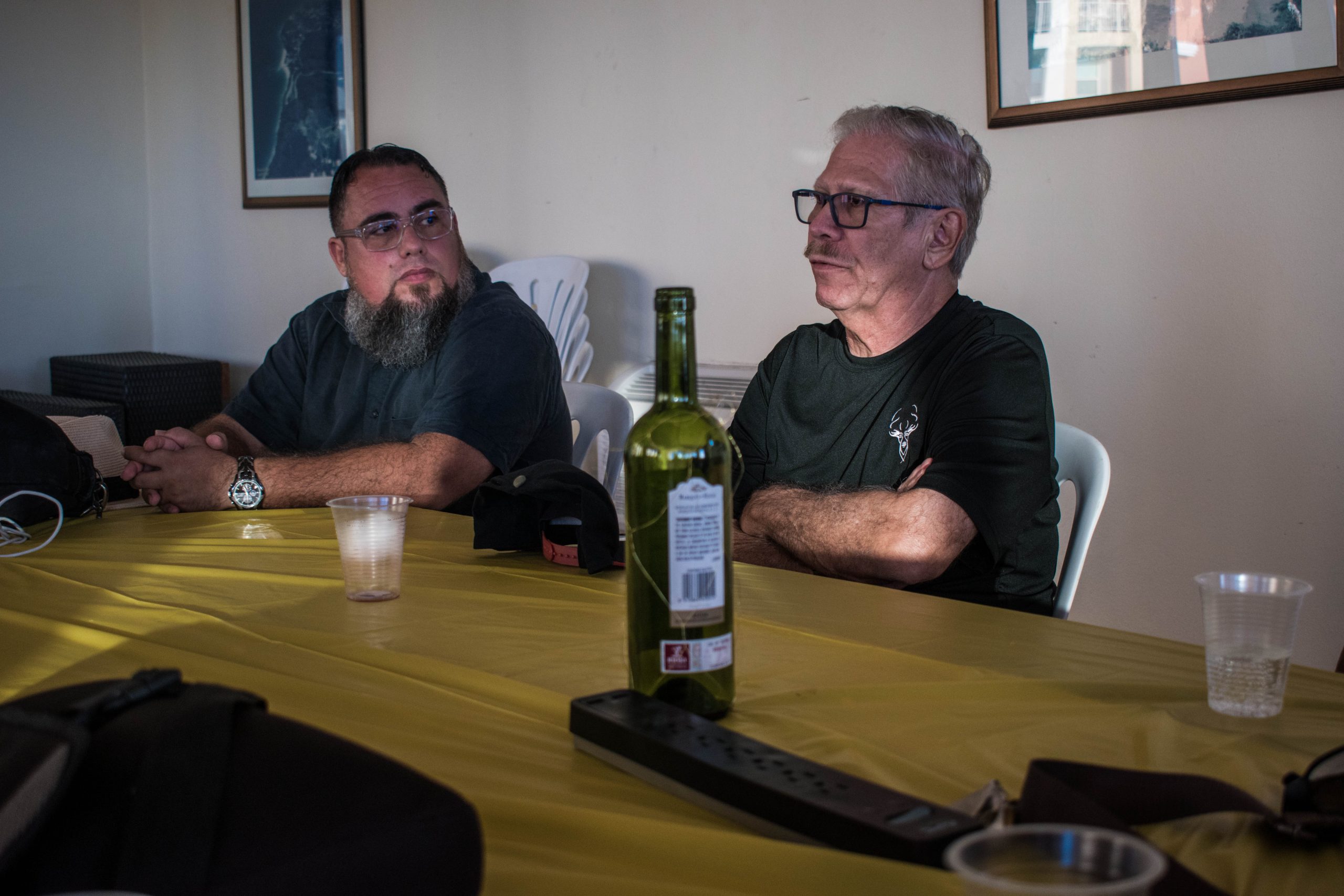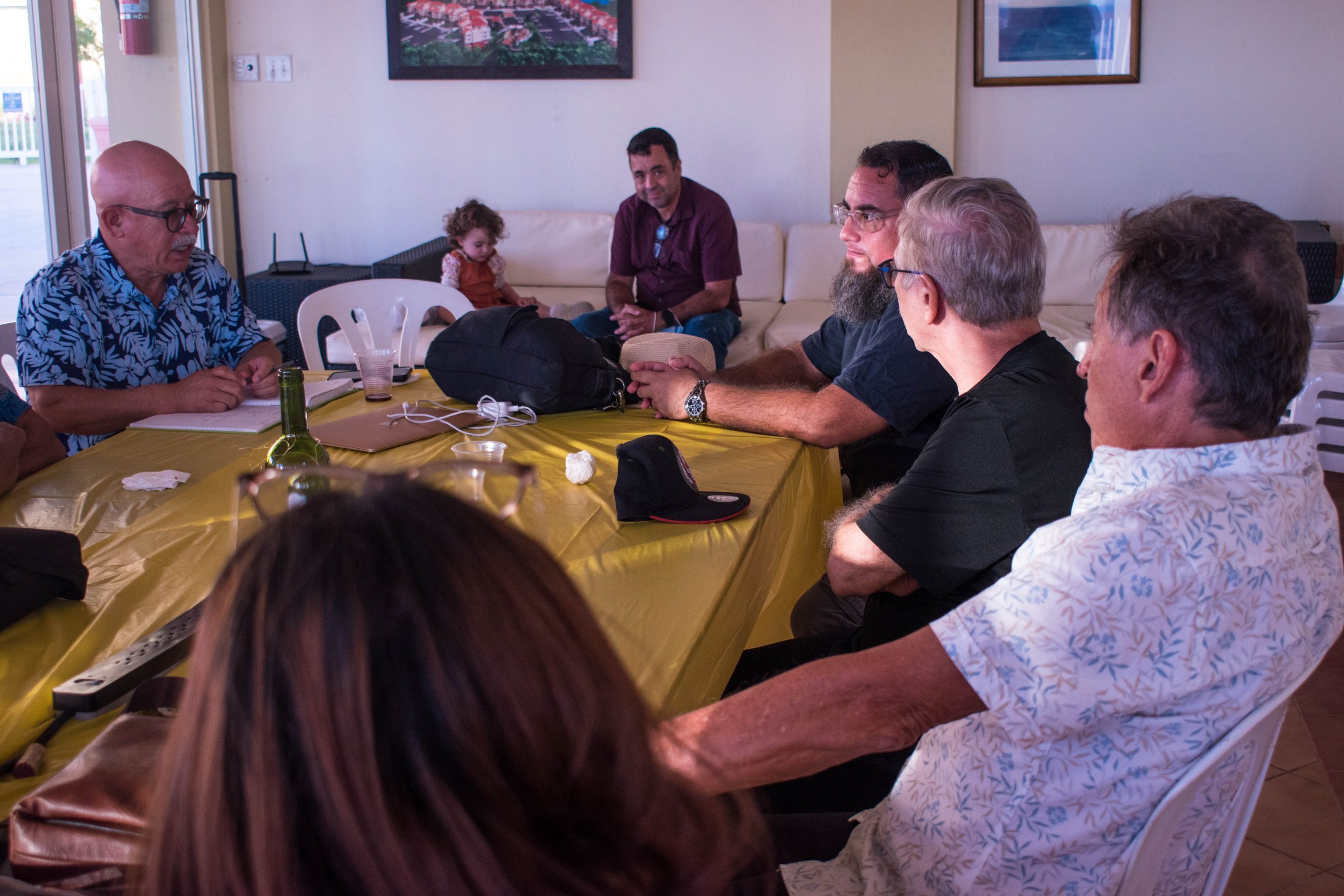CCS-CISAC team in collaboration with Dr. Felix Roman, Dr. Enrique Melendez, Dr. Francisco Bezares, Dr. Eduardo Ortiz, and Dr. Marco DeJesus created a project with the Natioanl Institute of Food and Agriculture (NIFA) and the United States Department of Agriculture (USDA).
On December 19, 2022 the research and educational components were reunited to plan the project.
The group consists of an interdisciplinary team from chemistry, agriculture, and engineering professors and a small group of undergraduate and graduate students.
The USDA-NIFA project has a total budget of one million dollars for the next four years. Samuel Hernandez will be responsible for looking for alternatives for the purchase of ammonium persulfate, while Eduardo Ortiz will focus on the implementation of educational activities in schools in San Sebastian and Isabela. The project will begin in January and will include visits to laboratories for students to learn about different STEM areas and determine which career they want to pursue. An emphasis is placed on training secondary school students because they have more time to explore their career options. In addition, teachers are being trained on STEM-related topics and their applications. The possibility of paying teachers for participating in continuing education programs is being considered. Webinars on STEM areas and university life will also be offered. Dr. Ortiz suggests the holding of seminars, workshops, or open school on Saturdays in the morning to make it more accessible for schools. Dr. DeJesus has used technology to allow his students to use instruments such as the GC and HPLC remotely. He also suggests collaboration with graduate or graduate students to serve as mentors for secondary and high school students. Dr. DeJesus recommends the holding of a rally with challenges and tasks to encourage interest in STEM. Collaboration with schools near Mayagüez and promoting competitions between associations to boost STEM is proposed. In addition, collaboration with the college radio station to offer an informative space of one or two minutes is suggested. This would help college radio students fulfill their service hours. Dr. Ortiz and DeJesus recommend the holding of College Board reviews and promoting critical thinking through seminars, visits, workshops, and webinars. By trying new things, you never know if you will find the perfect career.
